We’re off to see Tony Abbott launch When We Were Young and Foolish, Greg Sheridan’s new book. How a pair of university students managed to get themselves invited is beyond me. I’m sure a few of the guests wondered what on earth we were doing there, but with the presumptuous confidence that comes only with youth, my friend and I blend comfortably into the halls of power. Navigating the room is like swimming; we glide gracefully through the tides of political stars and media gods, catching snippets of juicy conversations. We contain our amazement as faces on TV have a bodily presence in the room. Voices that thunder across our country are hard to hear over the chatter. People with giant influence appear smaller in real life.
We meet as many of them as we can. The journalists seem to search your soul while shaking your hand, working out where you fit into the story. The politicians have tired eyes which have already met fifty people that day, and can’t quite take you in. It’s surprising that the small room can fit all the giants. Paul Kelly stands near us, sipping champagne; Bob Carr rests comfortably in the back near the windows; Tony and Margie Abbott work the room like pros; everyone flocks to Greg Sheridan with congratulations.
To write such an engaging account of our current leaders’ early lives and to discuss what shaped them as young adults makes for a fascinating read, but I can imagine it is also a press secretary’s nightmare. While such accounts could be prone to censorship, to persist in such a project shows a reverence for the truth and a determination to have it publicised. The first piece of work I ever tried to get published (in this magazine) was censored. It was jolly annoying. The best censors will begin with something very complimentary, like ‘Oh this is a brilliant read, well done!’ Then they will proceed to ask you questions about certain ideas you’ve expressed, gently bringing to your attention the problematic area. Once the censor has found the problem, they will then pause dramatically and say ‘Let me have another read.’ This reading always takes a very, very long time. At last, they will emerge, looking supremely concerned for you. ‘What is it?’ you ask, worried. They don’t answer straight away, allowing self-doubt to take root. ‘This paragraph,’ they will declare, ‘must go.’ I’m sure writers like Greg Sheridan would be defending their ideas zealously at this point. There’s an authenticity to his voice that draws his audience. For a Sydney University student, When We Were Young and Foolish is like looking in the mirror. The battle lines of student politics on campus have not shifted, from the impenetrable anti-capitalist bias of the political economy department, to the bizarre bickering of far left wing clubs over the finer points of morality. We see much less physical violence now, probably because people find the keyboard a better weapon these days. It is inspiring to read of Greg and Tony as students, who refused to be intimidated and stuck to their views despite the onslaught.
The censor will capitalise on all the self-doubt that they’ve sowed within you. ‘It’s not what you’ve said, it’s just people will misconstrue it,’ or ‘in ten years someone will dig this up and use it to ruin your life.’ You can probably start arguing your case, but it won’t be long before your censor stops you to say that you are young and foolish, while they are wiser and more experienced. They know it’s impossible for you to counter that, which is why it is a particularly low blow. I wonder how the student duo of Greg and Tony would have responded to that. Observing the rest of the room, I notice that we are considerably younger, and I daresay more foolish, than those around us. They are happy to give us advice when asked. Troy Bramston, writer for the Australian, spurts a sort of journalistic gospel, naming the three greatest writers of our time as Shakespeare, Lincoln and Churchill, and telling me that all writers steal ideas from other writers all the time. Meanwhile, this magazine’s editor bounces on the balls of his feet when he talks, pitching wisdom with the flair of a former ad man, and we’re sold instantly.
In the company of literary greats, Tony Abbott reveals himself as a gifted wordsmith, holding the audience with ease. The best line of his speech, ‘…as a journalist I was a frustrated politician, as a politician I’m a frustrated journalist,’ suggests that politicians and journalists actually practise a very similar art. In fact, the two professions are inextricably linked; there is the one who makes the decisions, and the one who analyses them in public view. They move in similar circles, think in a similar way, become very good friends but readily criticise in the name of democracy. Like King Lear and his Fool, there is utter frustration but also immense gratitude. Of course, the consequences for journalists and politicians are significantly different. I wonder if Tony Abbott is happy with decision making; does Greg Sheridan get bored of only analysing? I note my companion, the President of the Sydney University Liberal Club, and I can see that Abbott has inflated his aspirations just as Sheridan has inflated mine. We’re firm friends now, but if the stakes were higher, if the pressure to censor was greater, would censorship be a feature of our friendship? Public perception accurately sees politicians and journalists as being in each other’s pockets. While the ties between them are unavoidable, they don’t have to be unhealthy. Certainly my experience of student politics has given me a pathological dislike of any attempts to appease at the expense of an idea. Thankfully, word limits mean we always omit more than we include. However, for both student politicians and journalists, what we include must the unapologetic truth, which we should be prepared to stand by no matter the pressures.
Got something to add? Join the discussion and comment below.
Get 10 issues for just $10
Subscribe to The Spectator Australia today for the next 10 magazine issues, plus full online access, for just $10.

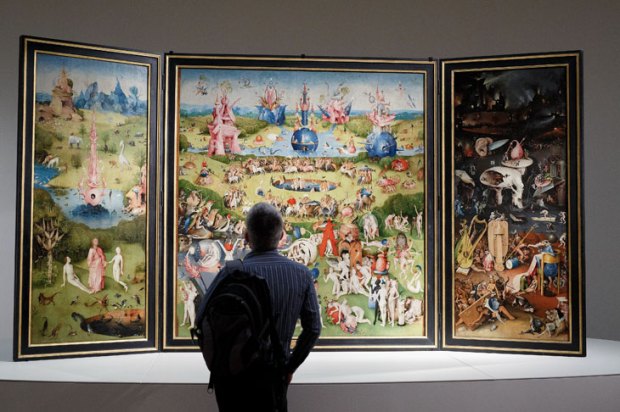

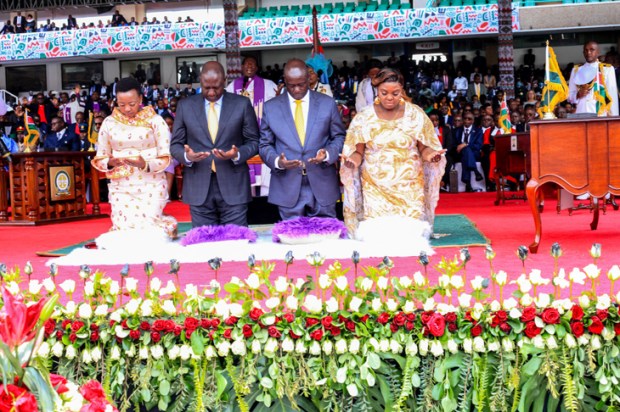
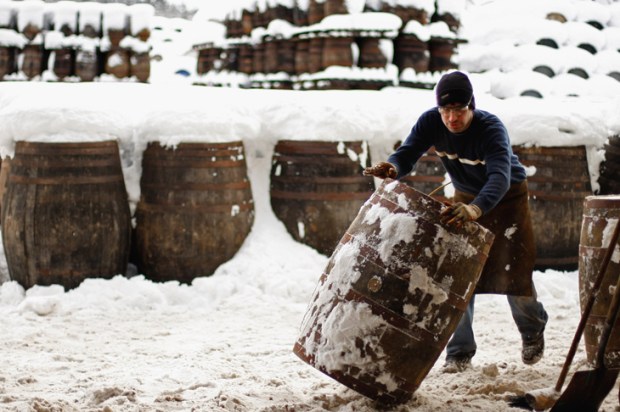
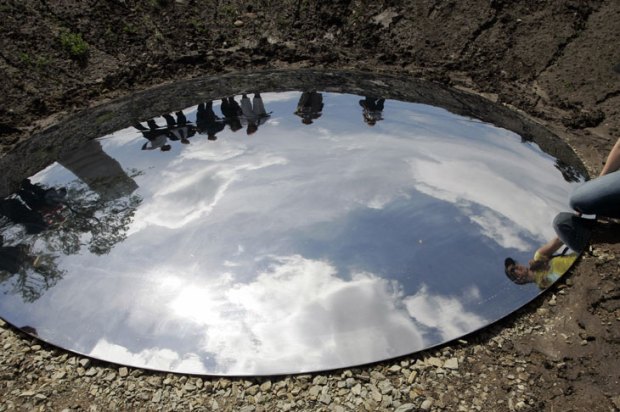
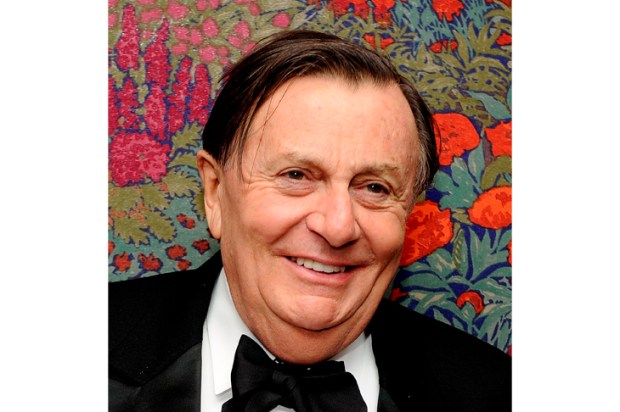






Comments
Don't miss out
Join the conversation with other Spectator Australia readers. Subscribe to leave a comment.
SUBSCRIBEAlready a subscriber? Log in